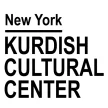Concerts Cancelled in May 2022
For decades Kurdish musicians have faced bans on their performances in Turkey. In May 2022, to strengthen Erdogan’s strongman image, municipalities and provinces where the AKP is in power cancelled many concerts by Kurdish and other minority musicians.
Aynur Doğan
The internationally acclaimed Kurdish singer Aynur Doğan was scheduled to give a concert on May 25 in the Derince district in Kocaeli province. On May 16 the Derince municipality, which is run by the AKP, banned the concert as “not appropriate.”
Apparent AKP trolls had previously mounted an organized hate campaign against Doğan, defaming her as a “terrorist.” She replied calmly, “Poets are those who prove the truth, and we continue on this path.”
Her subsequent concerts in Izmir and in Ankara, cities governed by the opposition CHP, proceeded as scheduled. “Please attend the concert of Aynur Dogan on May 28 in Istanbul,” Fazil Say, a prominent Turkish pianist, tweeted to his 650,000 followers in late May. “No artist in Turkey should have to face archaic bans.”
Sources: ANF English, ANF English, Al-Monitor
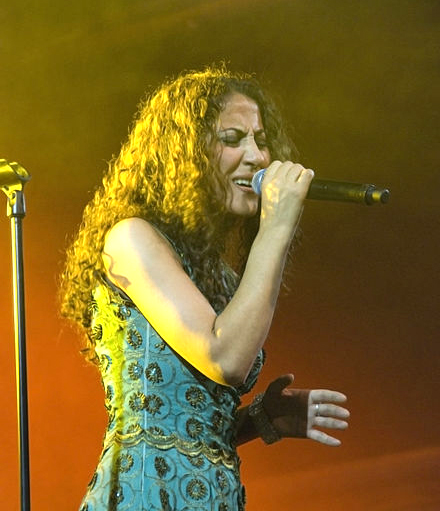
Metin and Kemal Kahraman
In Muş province, May 17, the musicians Metin and Kemal Kahraman were to give a concert, but the governor’s office stated that it was “not appropriate.”
“The governorate means to say they did not ban our show, they merely thought it inappropriate,” the Kahramans explained. “The notice is addressed to the police. That means the non-ban would be enforced by security forces if necessary.”
Metin and Kemal Kahraman are not only musicians and songwriters but also ethnomusicologists. Originally from the Dersim region, they realized in the 1990s that the region’s traditional music was in danger of disappearing. So they set out to document it, asking older relatives and acquaintances to sing into recording devices. Their pioneering work has been vital to preservation of that music.
Source: Ahval News
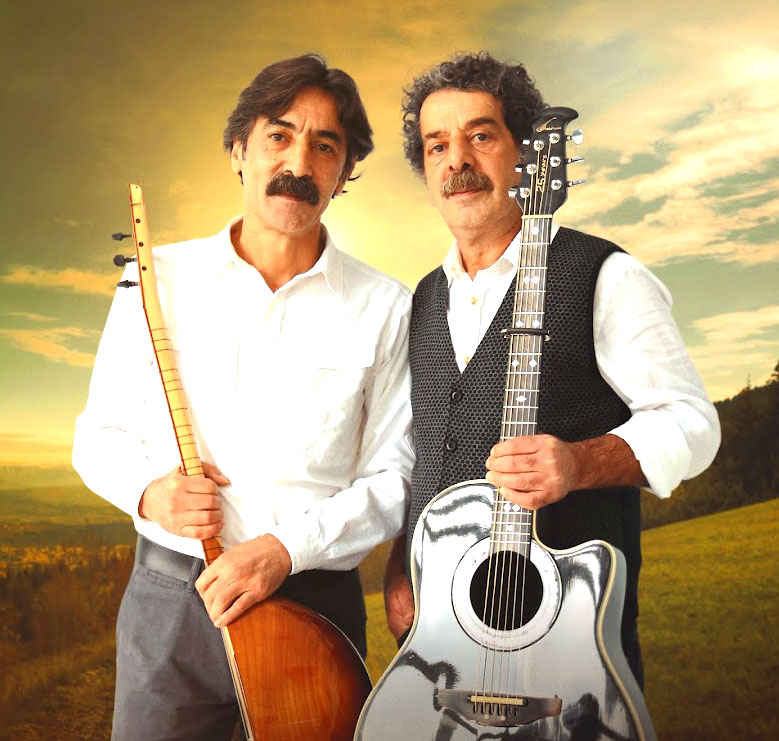
Niyazi Koyuncu
In Pendik, the musician Niyazi Koyuncu was to give a concert on May 25 at Pendik Beach Square. His repertoire includes songs in Armenian dialects and in ancient Black Sea region tongues. He is the brother of the noted Black Sea singer Kazım Koyuncu.
But the Pendik municipality, which is run by the AKP, cancelled the concert, on the grounds that Niyazi Koyuncu did not share the municipality’s “values and views.” “Despite all the bans and crackdowns,” Koyuncu said in a tweet announcing the cancellation “we will continue to sing our songs together and more loudly.”
Source: Ahval News

Anadolu Fest in Eskişehir
The Anadolu Fest, a large music festival, was to be held in Turkey’s Eskişehir province, starting may 12.. The four-day event was to feature many well-known singers. The organizers had sold around 10,000 advance tickets.
But three days before it was to start, the local governor’s office announced that all events from May 10–25 would be canceled in order to “ensure public order and public security, prevent crime, protect others’ rights and freedoms and prevent the spread of violence.” The statement did not specifically mention the Anadolu Fest, but the festival was scheduled to take place during the date span mentioned.
An Islamic group had been pressuring the governor to ban the festival because “girls and boys who camp together” engage in “inappropriate scenes because of alcohol.”
In a statement, the organizers said they were shocked by the governor’s decision, especially since the festival had previously obtained the necessary permissions: “We condemn this unlawful behavior depriving thousands of young people from their love of art.” In a public outcry online, the hashtag #FestivalimeDokunma (Don’t touch my festival) trended briefly on Twitter.
Source: Global Voices

Melek Mosso
In Isparta, in Turkey’s southwest, the musician Melek Mosso was to give a concert at the city’s Rose Festival. On May 26, the municipality, which is run by AKP, announced that it had cancelled the concert.
The cancellation followed a steady flow of tweets by various conservative groups who demanded to why “the taxpayer’s money should be spent on shameless so-called artists” who wear “immoral” low-cut dresses. Supporters of two Islamist-conservative groups, the National Youth Foundation and the Anatolian Youth Association, had condemned the city council for permitting “concerts that do not comply with the beliefs and traditions of our people.” On social media, they posted a video clip of Mosso telling women to be independent and do whatever they pleased, and they gave the middle finger to those who told women otherwise. The Islamist groups said Mosso “encourages immorality.” After the cancellation, the two groups thanked the municipality for respecting moral values.
Mosso reacted saying that her morality was not up for debate. “It is not a bunch of heedless people who will judge my morality,” she tweeted. “I am a woman of this country who will continue on my artistic path. I have no doubt that one day, I will go to Isparta and sing my songs.”
Mosso is a strong proponent of the Istanbul Convention combating violence against women, which Erdogan pulled Turkey out of last year. She subsequently drew a large crowd at a public concert in more liberal Istanbul.
Sources: France24; “Melek Mosso,” Wikipedia
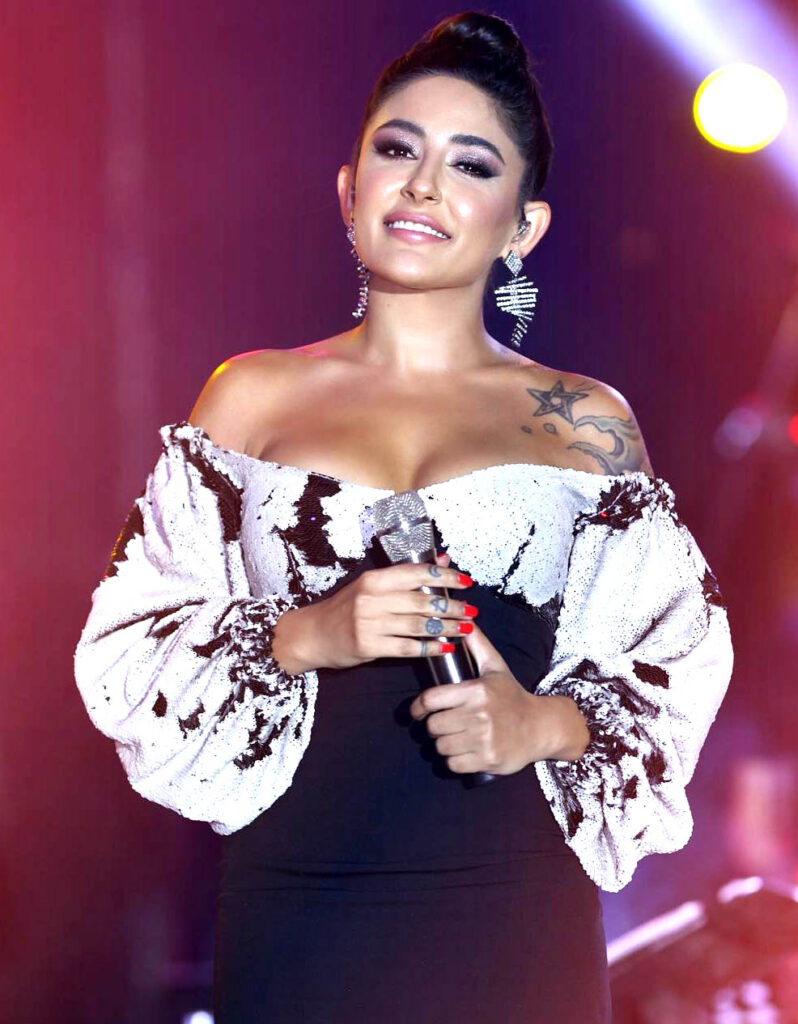
Apolas Lermi
The Turkish folksinger Abdurrahman Lermi—known as Apolas Lermi on stage—saw two of his concerts cancelled.
In Mamukkale, in Denizli province, he was to give a concert on May 29. But the ruling AKP’s Pamukkale Municipality cancelled it. A second concert on June 11 in Bostancı, Istanbul, was cancelled by the organizing company.
“The concerts have been cancelled because of the statements and posts of a certain person who targeted me,” Apolas Lermi said. He was likely referring to the far-right politician Ümit Özdağ, who had accused him of slander for calling the 1913 ethnic cleansing of Ottoman Greeks a genocide.
Lermi often performs traditional songs from the Black Sea region. He supports breaking down ethnic prejudices in Turkey.
Source: Ahval News
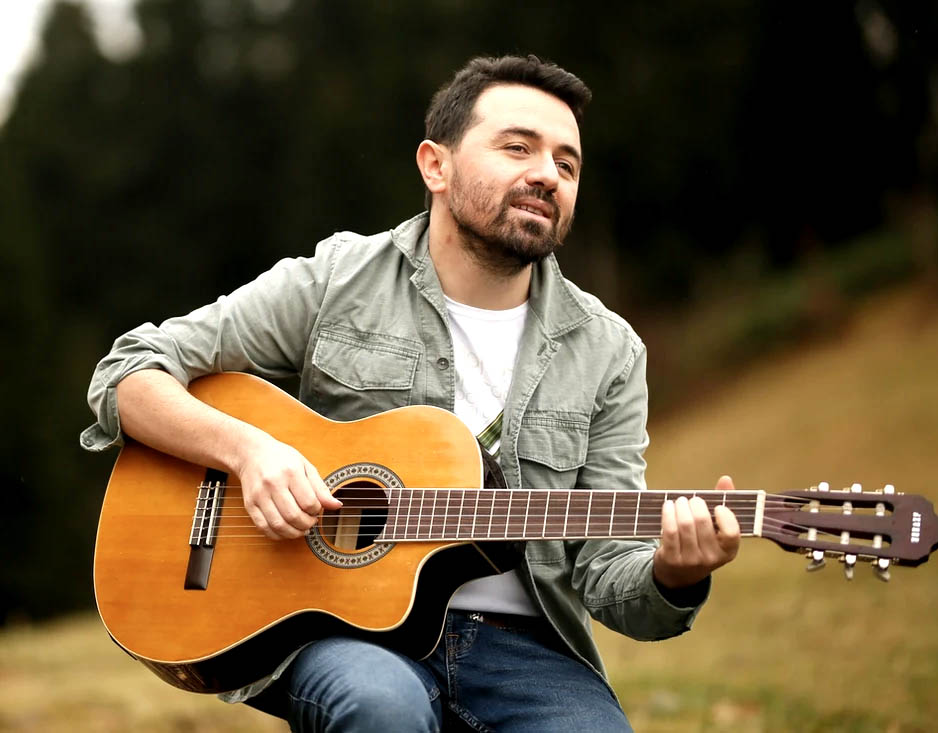
Mem Ararat
In northwestern Bursa province, the Kurdish musician Mem Ararat was to perform on May 29. But organizers announced that the governor’s office had cancelled it due to security concerns.
Source: Ahval News
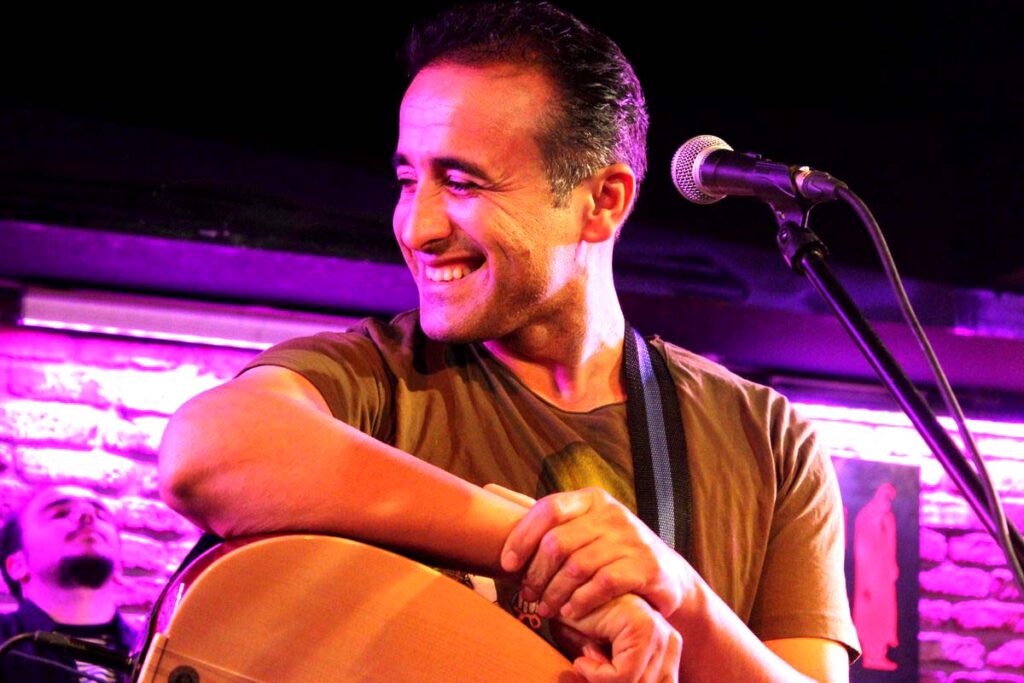
Sterka Karwan
In the southeastern Bitlis province, Stêrka Karwan, a Kurdish band, was to perform at a university spring festival. The concert was cancelled.
Source: Ahval News

Burhan Şeşen
In Ankara, musician Burhan Şeşen announced his May 25 concert in the Middle East Technical University spring festival was canceled.
Source: Ahval News
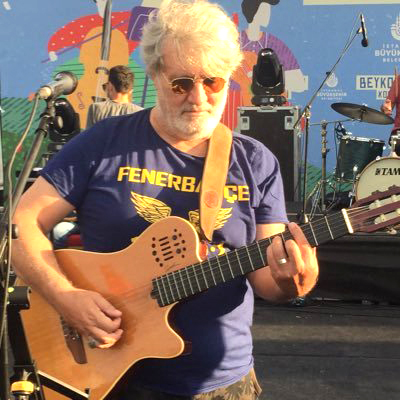
Ara Malikian
Also in Ankara, the Armenian violinist Ara Malikian was scheduled to perform at the Ankara Culture Road Festival on June 11. The concert was cancelled on May 27, with no explanation given.
Earlier in the week, Nationalist groups had accused Malikian of insulting the Turkish state’s founder Mustafa Kemal Atatürk, calling him a “genocidal psycho.”
Source: Ahval News
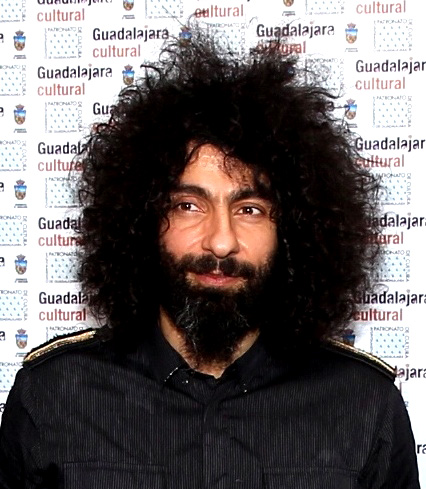
So many concerts canceled in only two weeks: in the Turkish parliament, HDP deputies said that there were too many to be coincidental. “Is there a circular to governor’s offices and to AKP-led municipalities to ban such events?” Tulay Hatimoglu, the party’s Adana deputy, asked Interior Minister Suleyman Soylu.
Other Kurdish musicians have protested the cancellations. On June 21, World Music Day, Kurdish musicians from Istanbul’s Mesopotamia Cultural Center gathered in İstiklal Avenue and sang several songs in Kurdish, including Aram Tigran’s “Zîmanê Kurdî” (“Kurdish Language”).
“Around the world, people make music and experience music freely,” MKM artist Talat Yeşil told the protesters. “Unfortunately, in these lands home to at least 20 million Kurds, concerts are banned for being in Kurdish.” Engin Cengiz, another MKM artist, said the group decided to hold the protest “so music can be free, in all languages, in all societies. … We want freedom for all languages and all music.”
The cancellation of concerts extends the reach of authoritarianism in Turkey to the municipalities . There is no legal ban on Kurdish music; governors ban concerts on spurious political grounds. “The rhetoric used to paint artists — especially women — as immoral and to associate Kurdish artists with terrorism reflects the identity politics of a hyper-masculine nationalist populist regime intent on marginalizing opposition of all forms,” said Lisel Hintz, author of Identity Politics Inside Out: National Identity Contestation and Foreign Policy in Turkey (New York: Oxford University Press, 2018)
